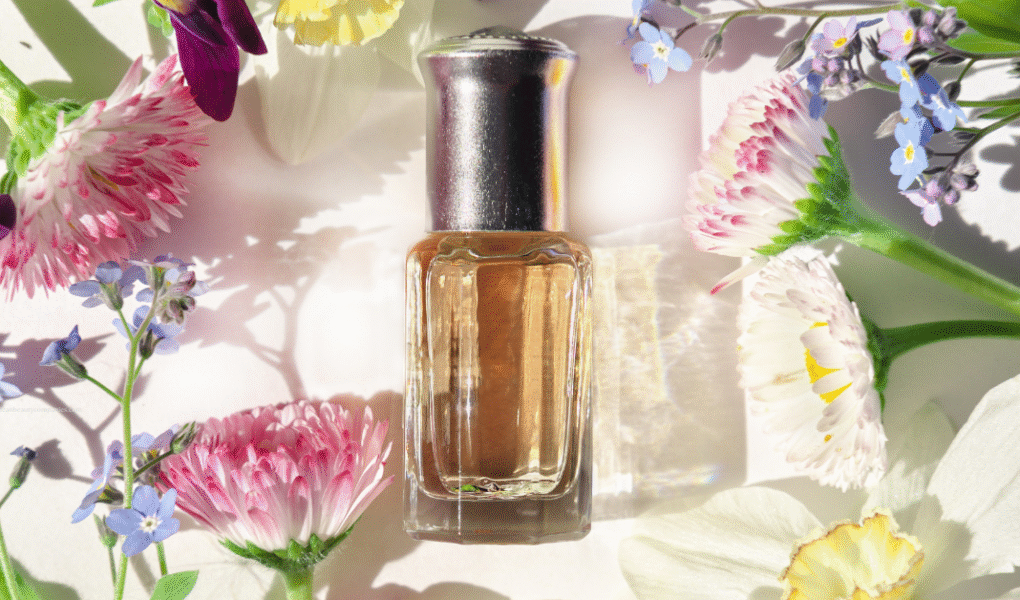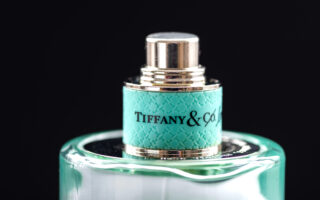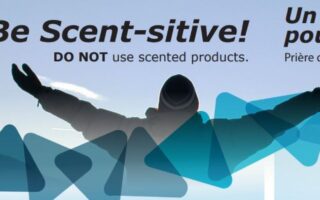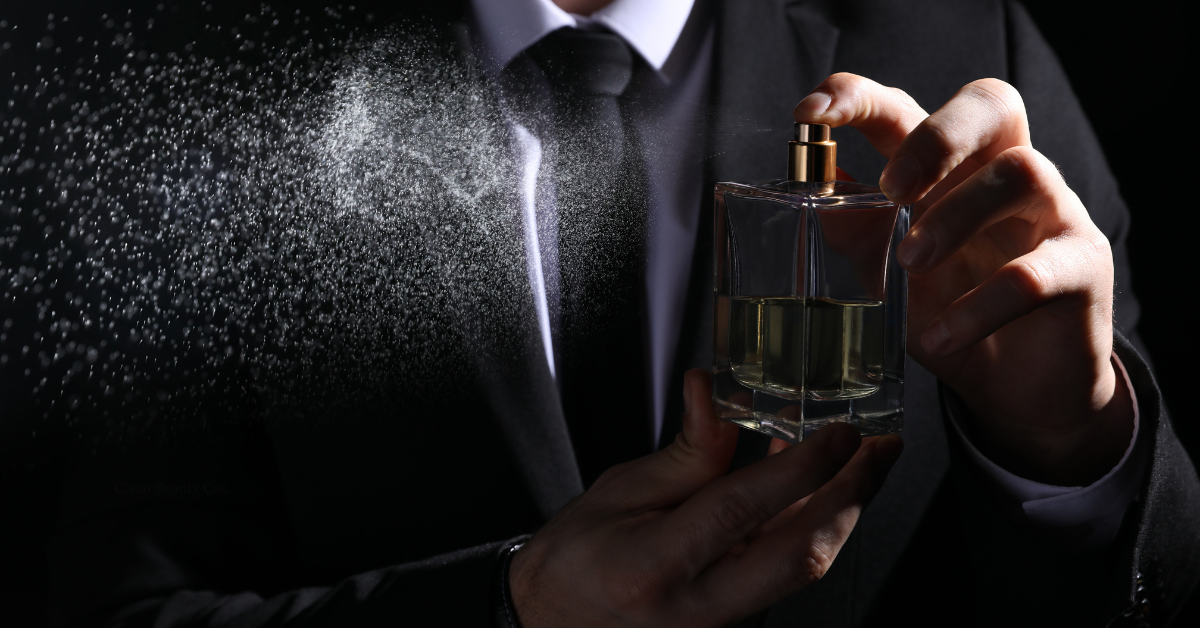Fragrance is intensely personal.
For many, discovering a signature scent is one of life’s rare luxuries, an invisible accessory that becomes part of one’s identity. Among the few eaux de parfum I’ve returned to over the years is Costume National, an Italian niche house. Their scents, formulated without phthalates–one of the more scrutinized synthetics in clean beauty—are the work of some of the most respected perfumers in the industry, including Dominique Ropion, Fanny Bal, Laurent Bruyère, and Juliette Karagueuzoglou.
When your nose knows… and your sample set says no.
Recently, I sampled a fragrance line marketed as “clean,” positioned in the luxury space with prices typically ranging from $95 to $135. Despite the branding and promise of elevated formulation, the scents fell short, lacking the nuance and sophistication often found in more established or niche houses.
This contrast points to a larger truth in the world of clean beauty: while transparency around ingredients is essential, there’s no substitute for craftsmanship. Brands guided by trained “noses” often achieve a kind of alchemy, combining innovation with artistry in a way many “clean” scents are still working toward.
Of course, fragrance isn’t only personal. It’s public.
In Japan, there’s even a word for overly strong perfume: 香害 (kōgai) — scent pollution. It reflects a cultural emphasis on discretion, a reminder that fragrance should enhance, not overpower.
Clean beauty, especially in fragrance, isn’t just about what’s left out. It’s about intention. Thoughtful formulation. Consideration for others’ sensitivities. Whether you’re drawn to bold notes or prefer a whisper of scent, wearing fragrance with subtlety can speak volumes.




[…] For many people, fragrance isn’t just a preference—it’s a trigger. Allergies, asthma, and skin sensitivities mean that even the most beautifully formulated scented cream can be off-limits. That’s why it’s important to distinguish between fragrance-free products, those with naturally derived scents, and those with added perfume. The products below all feature luxurious textures and subtle, refined scents, but they may still pose challenges for anyone who simply can’t tolerate fragrance. (For more on the culture of fragrance and sensitivity, see our feature here). […]